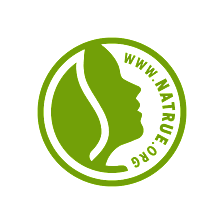Your basket is empty!
Click on this link to start shopping!
| Item | Quantity | Size | Unit Price | Total Price | ||
|---|---|---|---|---|---|---|
|
|
{{product.name}}
|
{{product.variant.size}}
{{product.quantity}}
|
{{(product.variant.price.originalPrice | formatPrice) * product.quantity | currency }}
{{(product.variant.price.price | formatPrice) * product.quantity | currency }}
Free
|
Tax calculated at the last step of checkout
Free Shipping above 50$

















